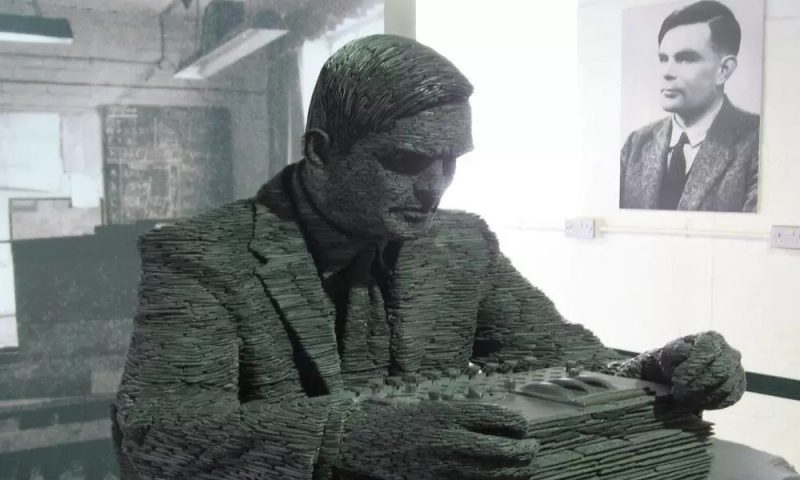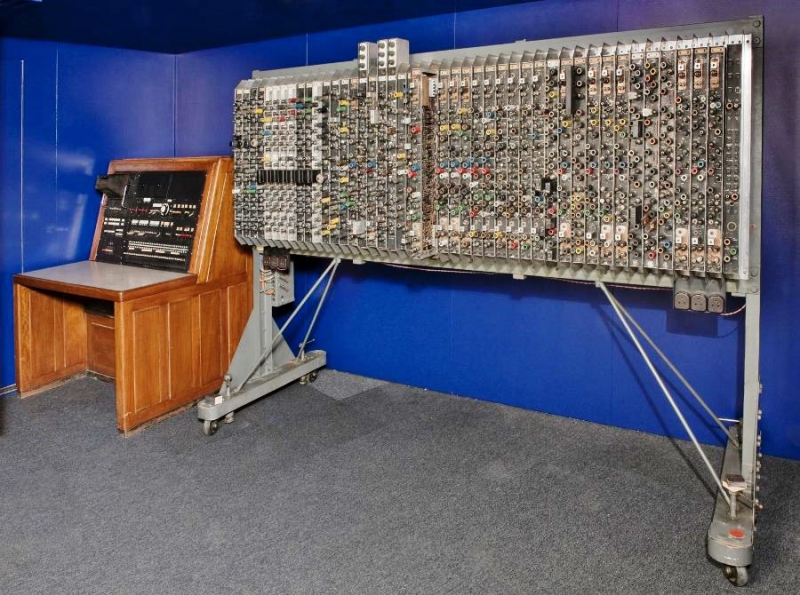Alan Turing Is The Father Of Modern Computers

In 1931, Turing enrolled at King's College in Cambridge, where he later earned the title of fellow. His concept of a universal computer that could be fed an algorithm for a specific computation and then apply it was among the ground-breaking concepts that came next. It was a concept that would play a crucial role in the creation of the modern computers that we use today.
Alan Turing wrote a paper titled "On Computable Numbers, with an Application to the Entscheidungsproblem" in 1936 while pursuing his doctorate at Princeton University. This work laid the groundwork for computer science. Turing envisioned a hypothetical computer in it that could resolve any issue that could be stated by straightforward instructions written on paper tape. Square roots could be calculated by one Turing machine, while Sudoku puzzles could be solved by another. Turing proved that a single Universal Machine capable of simulating any Turing Machine could be built. The fundamental idea behind the modern computer was credited to this work, according to Von Neumann. Turing suggested an experiment to determine whether a machine was "intelligent" in 1950. A computer may be deemed to "think" if a human interrogator could not tell it apart from a human being through dialogue. The Turing test is now the name of the test.











